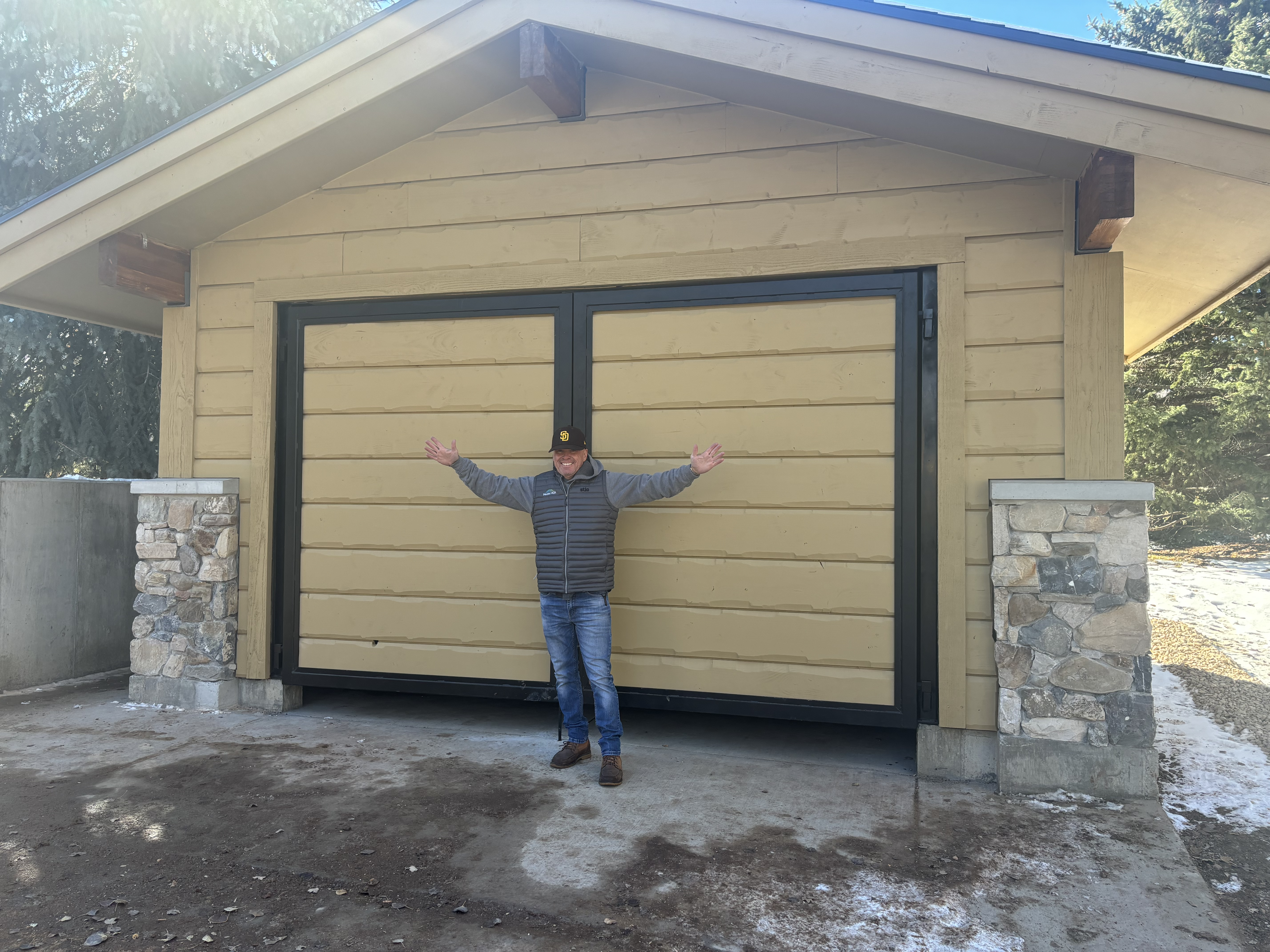Each community we manage in Park City has a set of Rules & Regulations which exist to clarify certain provisions and restrictions within the Declaration (CC&Rs) and to highlight those rules that are most important to the Association. An HOA’s rules are oftentimes the “go to” document for owners and prospective buyers.
In our experience, owners fall into three categories with regards to the sentiments of HOA Rules: 1) The HOA rules are too restrictive, 2) the HOA rules exist for a reason and it’s why we like living in an HOA, and 3) I didn’t even know there were rules.
Our guidance to the Boards we serve is that the HOA governing documents should reflect the desired culture of the Association and that it is important for the rules and restrictions to reflect what owners wish to have enforced by the management company.
When modifying an existing rule or crafting a new rule, it’s important for Boards to consider the following:
- Does the rule conflict with the CC&Rs? Rules are not allowed to conflict with the CC&Rs, but they can (and should) clarify ambiguity. For example, if there is a rule that says “no overnight street parking shall be permitted”, then the HOA would want a rule that defines the term “overnight” (e.g., 10 pm – 5 am).
- Does the rule enhance home value, preserve the aesthetics of the community, or enable proper maintenance? The HOA should always use these three principles as their compass for establishing or modifying rules to ensure benefit to the entire community.
- Is the rule enforceable? As a management company, this one is oftentimes the trickiest. The best written rules are clear cut and easily enforceable (e.g., trash cans may only be outside of the unit garage between the hours of 7 am and 5 pm on trash collection day). It is very easy for a management company to know when an owner is violating a rule that is clearly defined. We often struggle with rules that rely on “he said / she said” without an easy way for the management company to verify the validity of a complaint. For example, a rule that states “Recreational vehicles must be moved from the driveway at least every 72 hours”. The intent of a rule like this is most likely no long-term storage of RVs, but this rule is hard to enforce without cameras, tire chalking, or other police like measures.
At Model HOA, we love to roll up our sleeves and help HOAs perfect their rules so they meet these three criteria. It may be nerdy, but writing a great rule can be very rewarding!






